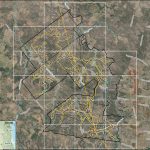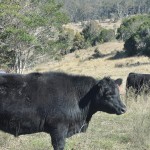January 17, 2014
With warnings about hot conditions over the next few days, Toowoomba Regional Council has urged residents to be cautious if they come into contact with flying foxes or fruit bats.
There had been recent reports of thousands of flying foxes across Queensland dying because of heat stress.
Toowoomba Regional Council environmental health spokeswoman Cr Sue Englart said council workers had found no dead bats or flying foxes near local roosts but this could change if the heatwave returned.
“Our colonies survived the heatwave well and this is important as they play a crucial role in ensuring the future of our forests through seed dispersal and pollination,” she said.
She warned residents who found a stressed animal to be cautious.
“As interesting as they are, do not touch them,” Cr Englart said.
“It is human nature to want to do something immediately when an animal is clearly in distress.
“Injured or stressed flying foxes and fruit bats may carry bacteria or viruses which can be fatal to humans.
“However, you have to get close and personal to be scratched so just avoid them and you shouldn’t have a problem.
“The best protection is to avoid handling any bat or flying fox.”
Cr Englart said calling a trained professional was the best way to help the animal.
“They know how to remove the animal with least stress and damage to it and they are also trained in how to do so without being scratched or bitten,” she said.
“We really do not want residents putting themselves at risk unnecessarily.”
Cr Englart said injured or sick flying foxes should be reported to the RSPCA on 1300-264-625 (1300 ANIMAL).























